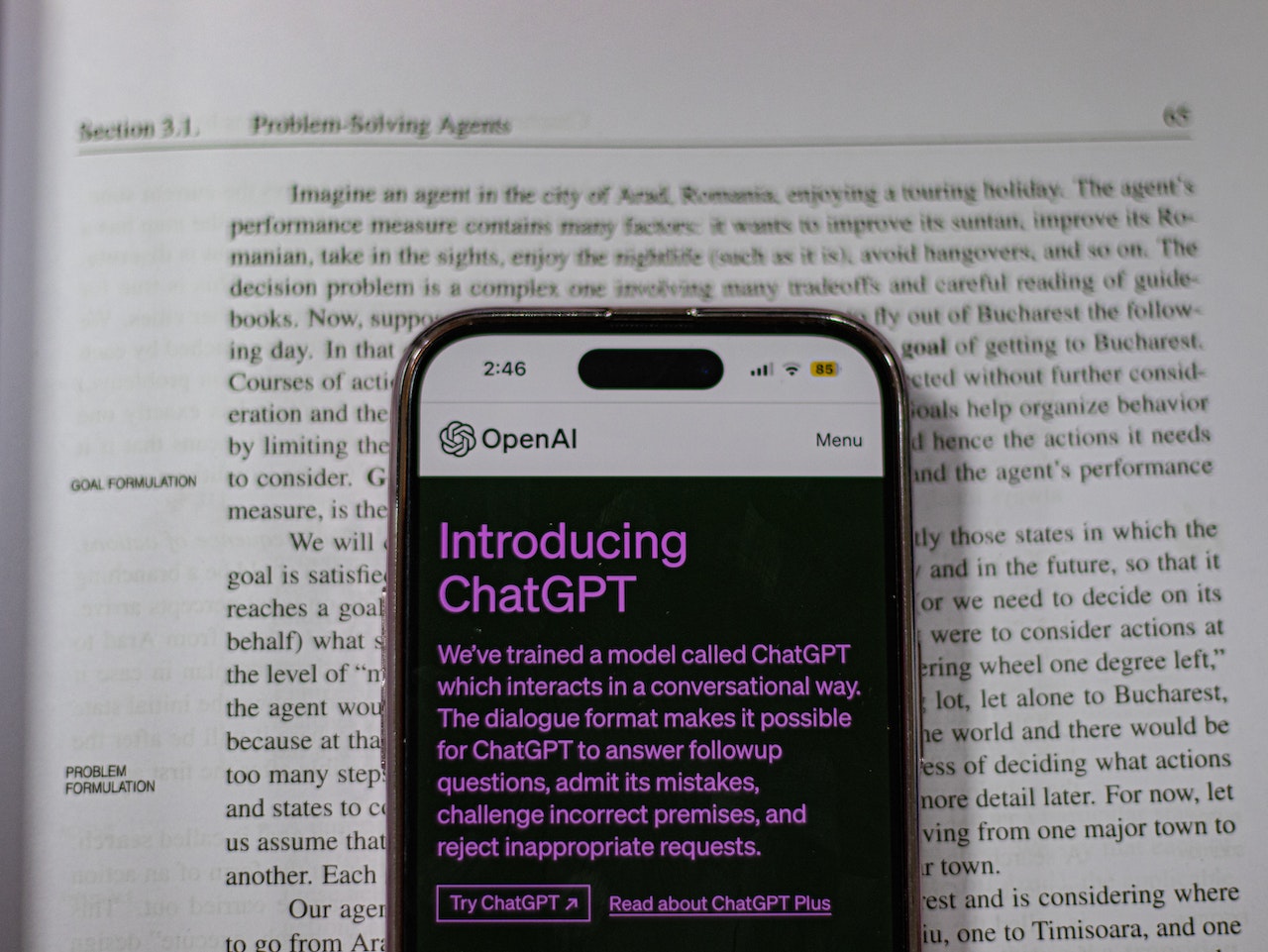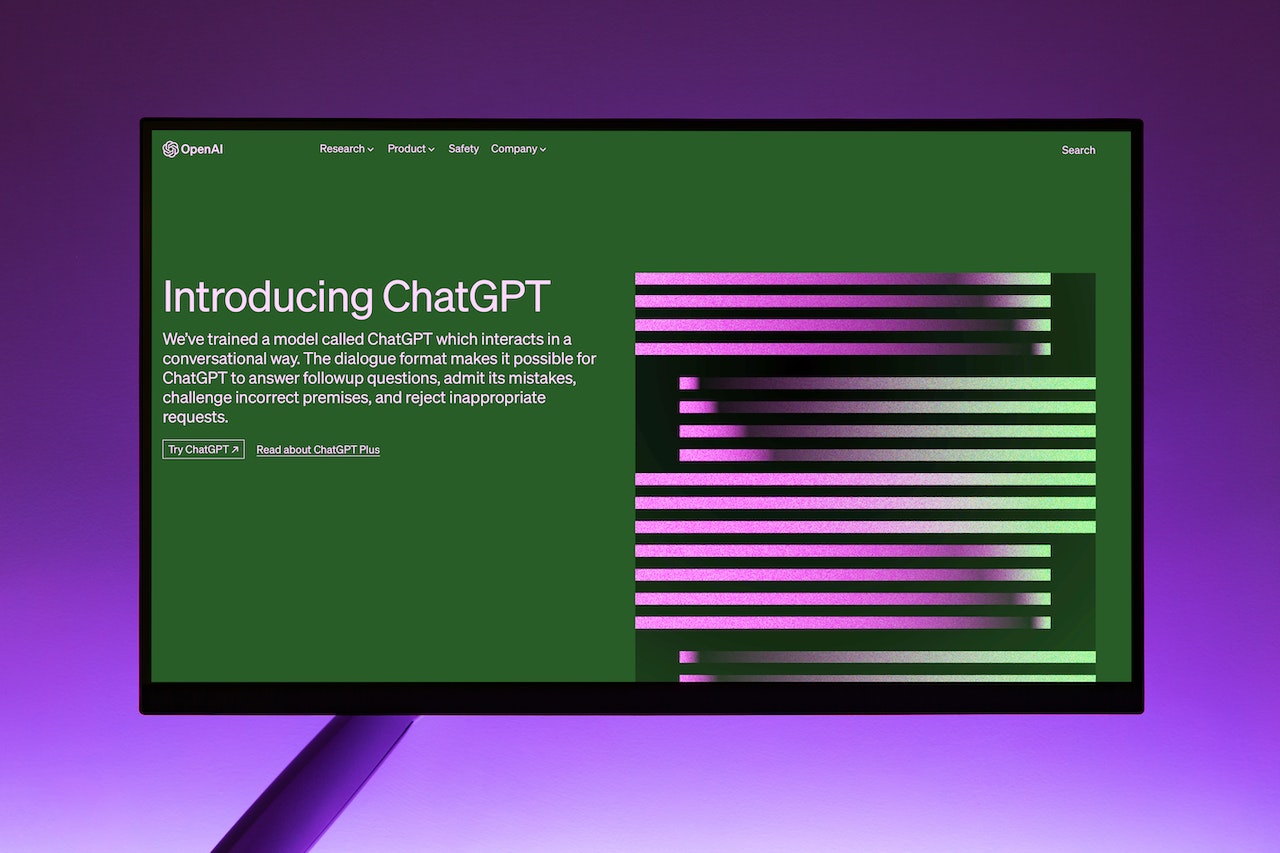In the ever-evolving landscape of academic research, scholars are constantly seeking innovative tools to enhance their productivity and streamline their workflow. One such tool that has gained significant attention is ChatGPT, a powerful language model developed by OpenAI. With its natural language processing capabilities, ChatGPT offers immense potential for assisting researchers in various academic disciplines. In this article, we will explore how to effectively utilize ChatGPT for academic research and harness its capabilities to unlock new possibilities in scholarly endeavors.
Table of Contents
- Introduction
- Understanding ChatGPT
- Leveraging ChatGPT for Literature Review
- Generating Research Ideas with ChatGPT
- Refining Research Questions
- Collaborating with ChatGPT
- Improving Academic Writing with ChatGPT
- Addressing Ethical Considerations
- Conclusion
- FAQs (Frequently Asked Questions)
Introduction
In this digital age, researchers can benefit greatly from the advancements in artificial intelligence and natural language processing. ChatGPT, an advanced language model, offers a unique opportunity to interact with an AI-powered assistant that can understand, generate, and refine text based on the input provided. By employing ChatGPT in academic research, scholars can leverage its capabilities to expedite their work, enhance their productivity, and explore new avenues of inquiry.
Understanding ChatGPT
ChatGPT is a language model developed by OpenAI, powered by the GPT-3.5 architecture. It has been trained on a vast corpus of text from diverse sources, enabling it to understand and generate human-like text. This model can comprehend prompts and generate relevant responses, making it a valuable tool for academic researchers seeking assistance in their scholarly pursuits.
Leveraging ChatGPT for Literature Review
One of the primary challenges in academic research is conducting an extensive literature review. ChatGPT can significantly aid researchers in this process. By providing the model with relevant keywords or research questions, researchers can receive synthesized summaries of existing literature, key insights, and references to relevant papers. This can save researchers valuable time and provide a comprehensive overview of the existing body of knowledge in a particular field.
Generating Research Ideas with ChatGPT
ChatGPT can act as a creative catalyst for generating new research ideas. By engaging in a dialogue with the model and posing open-ended questions, researchers can explore uncharted territories and uncover potential research directions. The model’s ability to generate coherent and contextually appropriate responses can help researchers in brainstorming sessions, facilitating the discovery of novel ideas.
Refining Research Questions
Formulating precise and well-defined research questions is crucial for any academic study. ChatGPT can assist researchers in refining their research questions by providing suggestions, guiding them through the process, and ensuring clarity and specificity. Through iterative conversations with the model, researchers can hone their research questions to ensure they align with their study objectives and contribute to the existing knowledge base.
Collaborating with ChatGPT
ChatGPT can serve as a collaborative partner for researchers, enabling them to discuss their ideas and receive valuable feedback. By engaging in a dialogue with the model, researchers can refine their hypotheses, discuss methodologies, and receive alternative perspectives. This collaborative approach with an AI assistant can enrich the research process, fostering creativity and innovation.
Improving Academic Writing with ChatGPT
Writing is an integral part of academic research, and ChatGPT can play a significant role in improving the quality of scholarly publications. Researchers can utilize the model to generate initial drafts, receive suggestions for structuring their papers, and refine their writing style. ChatGPT’s ability to provide coherent and contextually appropriate responses can enhance the clarity and readability of academic manuscripts.
Addressing Ethical Considerations
While ChatGPT offers valuable assistance in academic research, it is essential to address ethical considerations associated with its use. Researchers should exercise caution when utilizing the model to ensure transparency, fairness, and accountability. It is crucial to be aware of potential biases in the generated text and to take responsibility for critically evaluating and verifying the information provided by the model.
Conclusion
ChatGPT presents a revolutionary tool for academic researchers, empowering them to augment their productivity and explore new horizons. From literature reviews to idea generation, research question refinement to collaborative discussions, and academic writing enhancement, ChatGPT can revolutionize the way scholars approach their work. However, it is crucial to adopt a responsible and ethical approach while utilizing this powerful tool to ensure the integrity and rigor of academic research.
FAQs (Frequently Asked Questions)
- How accurate is ChatGPT in providing literature summaries?
- ChatGPT generates summaries based on the available data, but it’s important to cross-validate the information with reputable sources.
- Can ChatGPT help with statistical analysis in research?
- ChatGPT is primarily focused on generating text and may not provide the level of expertise required for statistical analysis. It is recommended to use specialized software or consult a statistician for such tasks.
- Is ChatGPT suitable for all academic disciplines?
- ChatGPT can be valuable across various disciplines, but its effectiveness may vary depending on the specific field and research requirements.
- How can researchers ensure the ethical use of ChatGPT?
- Researchers should critically evaluate the generated text, be mindful of potential biases, and verify information from reliable sources before incorporating it into their research.
- Can ChatGPT replace human researchers?
- ChatGPT serves as an assistant and tool, augmenting human capabilities, but it does not replace the expertise, critical thinking, and creativity of human researchers.





